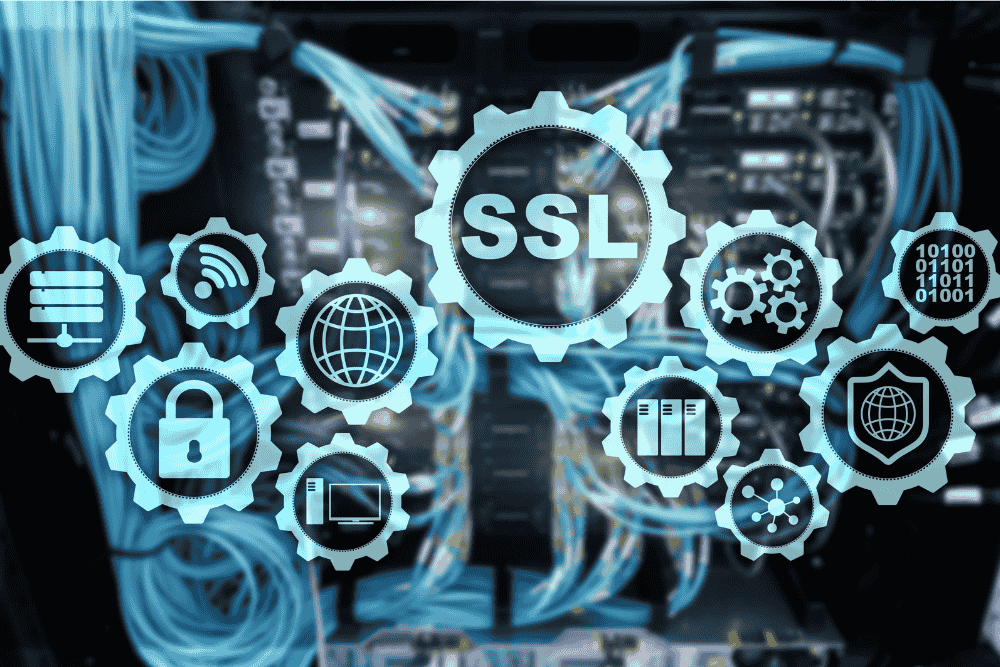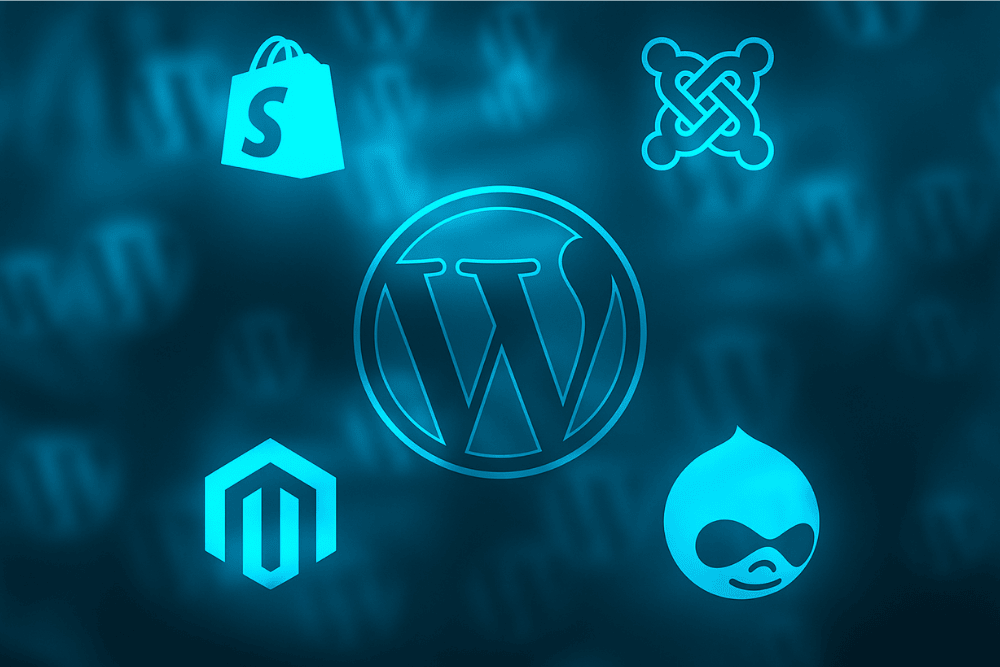SSL Certification for Business Websites: Why It’s Crucial
What is SSL Certification?
SSL (Secure Sockets Layer) is a security protocol that encrypts the data transferred between a user’s browser and your website. When you visit a site with “https://” in the URL and see a padlock icon, that site is SSL certified. SSL encryption ensures that any data exchanged, such as passwords, personal information, or payment details, remains secure.
SSL certification is a standard practice for securing websites and is crucial for gaining trust with your visitors. Without it, your website may be flagged as insecure, leading to potential customers leaving your site without interacting.
Why SSL Certification for Business Websites is Crucial
SSL Certification for Business Websites isn’t optional—it’s essential. In today’s digital age, security is a baseline expectation for users. Here’s why SSL matters:
- Builds Customer Trust: Visitors are more likely to stay and engage on secure sites. SSL certification signals that you take security seriously, building trust with your audience.
- Protects Sensitive Data: SSL is particularly important if you collect emails, payments, or personal information. It ensures that sensitive data is securely encrypted during transmission.
- Enables Online Payments: SSL is mandatory for any eCommerce transaction. It helps safeguard payment information and meets regulatory standards for online payments.
- Avoids Browser Warnings: Modern browsers like Chrome and Firefox mark non-SSL sites as “Not Secure,” which can deter visitors from interacting with your website. SSL helps you avoid this negative perception.
- Boosts SEO Rankings: Google considers SSL a ranking factor. Websites with SSL tend to perform better in search rankings compared to those without it.
How SSL Affects Google Rankings
Google’s algorithm favors secure websites. Since 2014, SSL certification has been a known ranking factor. Sites without it often lose organic visibility. Google wants to prioritize secure websites that protect their users.
In addition, bounce rates tend to be higher on non-secure sites because users feel unsafe. That translates to lower engagement and reduced time on site, further impacting SEO negatively.
Pro Tip:
Combine SSL with other practices like Website Speed Optimization for Better Google Rankings and SEO in Web Development for Local Business Sites to maximize your site’s visibility and performance.
Types of SSL Certificates
When choosing SSL Certification for Business Websites, it’s important to pick the right type based on your needs:
1. Domain Validated (DV) SSL
- Cheapest and easiest to obtain.
- Best for blogs and small sites without transactions.
2. Organization Validated (OV) SSL
- Includes business authentication.
- Ideal for businesses handling sensitive user data.
3. Extended Validation (EV) SSL
- Displays the company name in the browser bar.
- Provides maximum trust and is ideal for online stores and businesses requiring high security.
How to Get an SSL Certificate
Follow these simple steps to secure your website with SSL:
- Choose a Certificate Type (DV, OV, or EV).
- Select a Trusted Certificate Authority (CA) like Let’s Encrypt, DigiCert, or Comodo.
- Generate a Certificate Signing Request (CSR) on your server.
- Submit the CSR to your CA and verify your domain.
- Install the SSL Certificate on your web hosting platform.
- Update your site URLs to use HTTPS.
Most hosting providers now offer one-click SSL installation. Always check with your host first—it could be included for free.
Common Mistakes to Avoid
Even with SSL installed, mistakes can hinder its effectiveness. Avoid these common pitfalls:
- Forgetting to Renew SSL: SSL certificates expire annually or bi-annually. Set reminders to avoid downtime.
- Not Updating Internal Links: Make sure all your internal pages and resources use HTTPS to prevent mixed content issues.
- Mixed Content Errors: Ensure all resources (images, scripts) are also loaded securely. Mixed content can cause browsers to flag your site as insecure.
- Skipping Redirects: Set up 301 redirects from HTTP to HTTPS to preserve SEO value and prevent broken links.
Linking SSL to Other Website Essentials
Securing your site with SSL is just one part of optimizing your website. Here are other essentials to pair with your SSL certification for better results:
- Website Maintenance Importance for Business Sites: Keep your website updated for security, performance, and user experience.
- Mobile-Friendly Website Tips for Small Businesses in 2025: With mobile traffic on the rise, ensure your website is optimized for all devices.
- UX UI Design Basics Every Developer Should Know: Enhance the user experience on your site to improve engagement and conversions.
Together, these elements help build a stronger online presence, improve customer trust, and boost your site’s performance in search engines.
Final Thoughts
SSL Certification for Business Websites is no longer a luxury—it’s a necessity. Without it, you’re not only risking user data but also your reputation and ranking potential. SSL is a simple yet crucial investment in the security and success of your site.
FAQs about SSL Certification for Business Websites
1. Why is SSL certification important for my website?
SSL ensures that data transmitted between your website and users is encrypted, protecting sensitive information. It builds trust with visitors and improves SEO rankings, making it essential for business websites.
2. How do I know if my website has SSL?
If your website URL starts with “https://” and shows a padlock symbol in the browser address bar, it means your site is SSL certified.
3. Can I get SSL certification for free?
Yes, some Certificate Authorities (CAs) like Let’s Encrypt offer free SSL certificates, though they might be more basic compared to paid options like OV or EV certificates.
4. Will SSL certification affect my SEO rankings?
Yes, Google considers SSL as a ranking factor. Websites with SSL encryption tend to perform better in search rankings compared to sites without it.
5. Do I need to update all my website links after installing SSL?
Yes, ensure that all internal and external links use HTTPS to avoid mixed content errors and preserve your SEO rankings. Update any hard-coded HTTP links across your site.
We Build Websites That Work While You Sleep — Let’s Launch Yours.
👉 Ready to Scale Your Business? Book Your FREE Consultation and Discover How to Attract More Clients with a High-Converting Website Built to Engage and Convert Your Ideal Customers.






